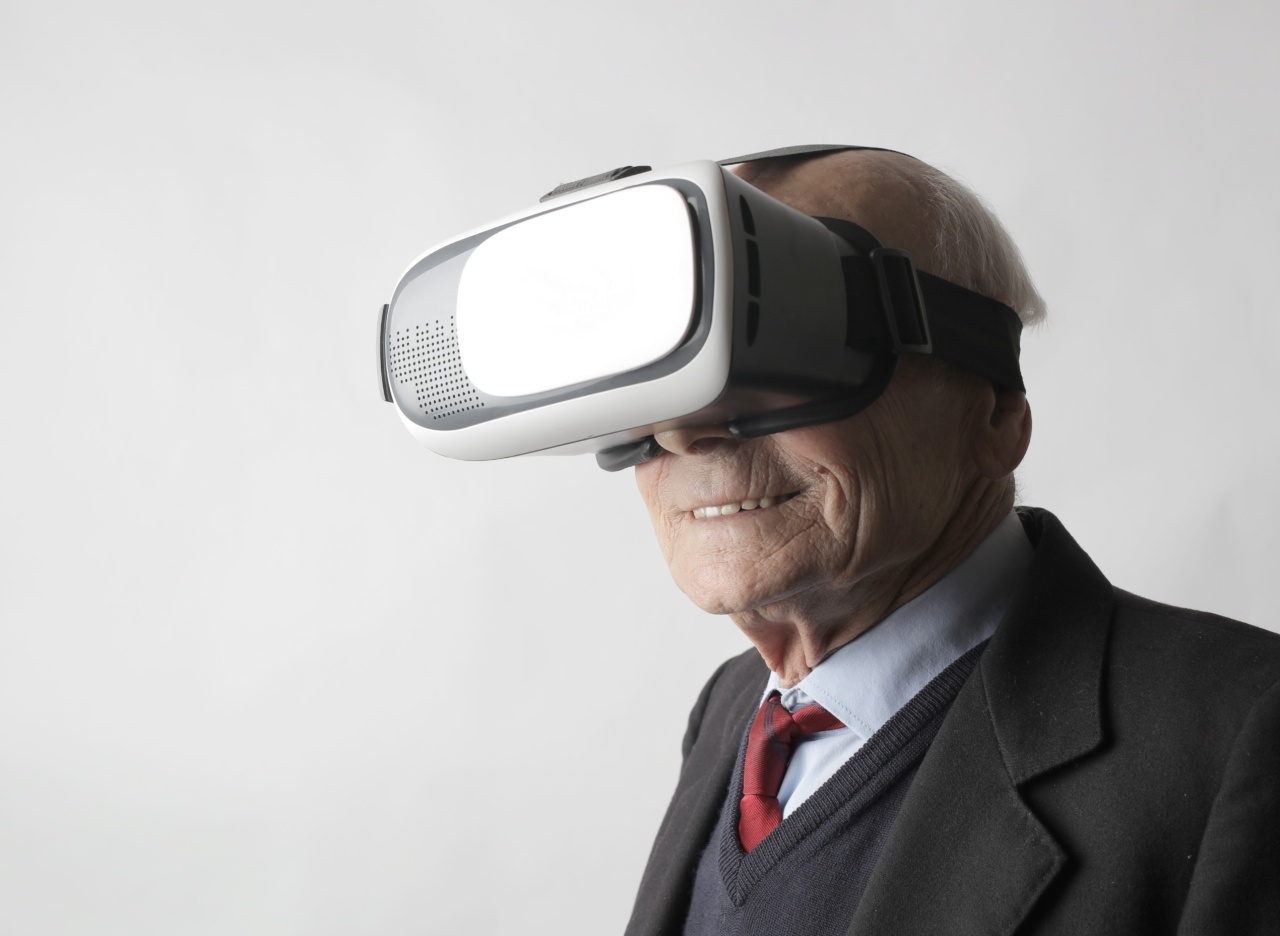Depression is a mental health disorder that affects millions of people worldwide. It is characterized by feelings of sadness, loss of interest, and a lack of enjoyment in daily activities.
Traditional treatment methods for depression include medication and psychotherapy. However, these treatments may not be effective for everyone, and some individuals may not want to take medication or attend therapy sessions. Virtual reality therapy is an alternative treatment option that has gained popularity in recent years.
This technology has shown promising results in the treatment of depression.
What is virtual reality therapy?
Virtual reality therapy is a type of therapy that uses virtual reality technology to create a simulated environment that can be used to treat a variety of mental health disorders, including depression.
This therapy involves wearing a virtual reality headset that places the individual in a digital environment designed to simulate real-world situations. The individual can interact with objects and people in the environment, and the therapist can monitor their reactions and provide feedback.
The goal of virtual reality therapy is to create a sense of presence in the simulated environment, which can help individuals improve their coping skills and reduce symptoms of depression.
How does virtual reality therapy work for depression?
Virtual reality therapy for depression works by creating a safe, controlled environment that allows individuals to confront situations that may trigger feelings of depression in real life.
The virtual environment can be tailored to the specific needs of the individual, and the therapist can control the level of exposure to different stimuli. For example, if an individual is afraid of public speaking, the therapist can create a virtual environment that simulates a public-speaking engagement.
The individual can then practice speaking in front of a virtual audience and receive feedback from the therapist.
Virtual reality therapy can also be used to help individuals learn new coping skills. For example, the therapy can be used to teach individuals relaxation techniques, such as deep breathing or meditation.
The virtual environment can provide a visual and auditory experience that enhances the effectiveness of these techniques.
Benefits of virtual reality therapy for depression
Virtual reality therapy for depression has several benefits over traditional treatment methods. One of the main advantages is that it provides a controlled environment for individuals to confront their fears and practice new coping skills.
This can help individuals build confidence and reduce feelings of hopelessness and helplessness that often accompany depression.
Virtual reality therapy can also be more engaging and immersive than traditional therapy methods. The digital environment can be tailored to the individual’s needs and preferences, which can make the therapy more effective.
Additionally, virtual reality therapy can be accessed from anywhere, which can be particularly beneficial for individuals who live in rural areas or have mobility issues.
Limitations of virtual reality therapy for depression
Virtual reality therapy for depression is still a relatively new treatment option, and there are some limitations that should be considered.
One of the main limitations is that the technology required for virtual reality therapy can be expensive and may not be accessible to everyone. Additionally, the therapy may not be effective for everyone, and some individuals may still require traditional treatment methods.
Research on virtual reality therapy for depression
Research on virtual reality therapy for depression has shown promising results.
A 2016 study published in the Journal of Affective Disorders found that virtual reality therapy was effective in reducing symptoms of depression in a group of 32 participants. The study found that after six weeks of virtual reality therapy, participants reported a significant reduction in depressive symptoms and an improvement in quality of life.
Another study published in the Journal of Medical Internet Research in 2019 found that virtual reality therapy was more effective than traditional therapy methods in reducing symptoms of depression and anxiety in a group of 116 participants.
The study found that after eight weeks of virtual reality therapy, participants reported a significant reduction in symptoms and an improvement in overall well-being.
Conclusion
Virtual reality therapy is a promising alternative treatment option for individuals with depression. This therapy can provide a safe, controlled environment for individuals to confront their fears and practice new coping skills.
While there are some limitations, research has shown that virtual reality therapy can be effective in reducing symptoms of depression and improving quality of life. As technology continues to improve, virtual reality therapy has the potential to become an increasingly important tool in the treatment of mental health disorders.






























